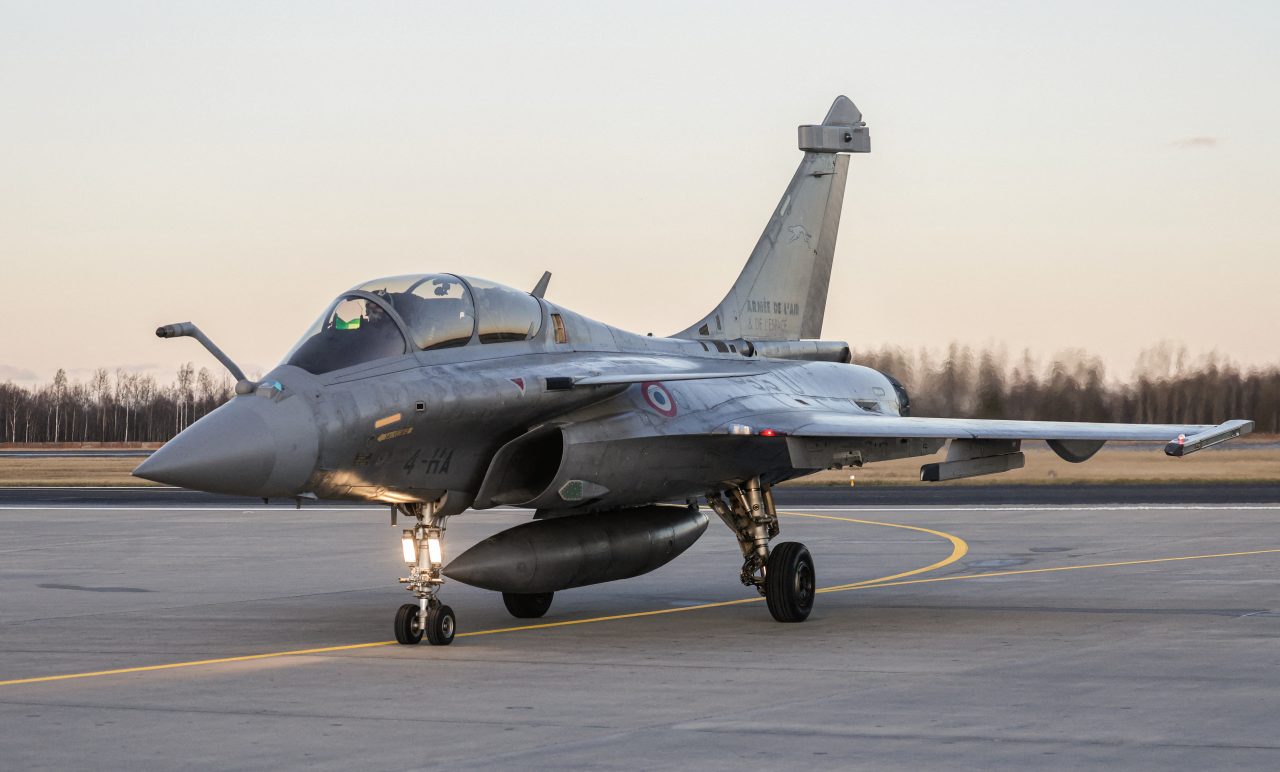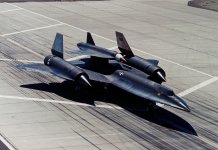Dassault Aviation and Tata Advanced Systems Limited have signed four Production Transfer Agreements to manufacture the Rafale fighter aircraft fuselage in India, marking a significant step forward in strengthening the country’s aerospace manufacturing capabilities and supporting global supply chains.
This facility represents a significant investment in India’s aerospace infrastructure and will serve as a critical hub for high-precision manufacturing.
Under the scope of the partnership, Tata Advanced Systems will set up a cutting-edge production facility in Hyderabad for the manufacture of key structural sections of the Rafale, including the lateral shells of the rear fuselage, the complete rear section, the central fuselage, and the front section.
The first fuselage sections are expected to roll off the assembly line in FY2028, with the facility expected to deliver up to two complete fuselages per month.
“For the first time, Rafale fuselages will be produced outside France. This is a decisive step in strengthening our supply chain in India. Thanks to the expansion of our local partners, including TASL, one of the major players in the Indian aerospace industry, this supply chain will contribute to the successful ramp-up of the Rafale, and, with our support, will meet our quality and competitiveness requirements“, said Eric Trappier, Chairman and CEO of Dassault Aviation.
Sukaran Singh, Chief Executive Officer and Managing Director, Tata Advanced Systems Limited, said, “This partnership marks a significant step in India’s aerospace journey. The production of the complete Rafale fuselage in India underscores the deepening trust in Tata Advanced Systems’ capabilities and the strength of our collaboration with Dassault Aviation. It also reflects the remarkable progress India has made in establishing a modern, robust aerospace manufacturing ecosystem that can support global platforms.”

The signing of these contracts reflects Dassault Aviation’s strong commitment to India’s ‘Make in India’ and AtmaNirbhar initiatives. This partnership aims to strengthen India’s position as a key player in the global aerospace supply chain while supporting its goal of greater economic self-reliance.
Earlier, India signed a contract to purchase 26 Rafale fighter jets from France, with the multi-billion-dollar deal to include both single and twin-seat planes.
When delivered, the jets would join 36 French-made Rafale fighters already acquired by New Delhi as part of its efforts to rapidly modernise its military hardware.
“The governments of India and France have signed an inter-governmental agreement for the procurement of 26 Rafale Aircraft,” the defence ministry said in a statement.
The jets made by French aerospace company Dassault Aviation are expected to operate from Indian-made aircraft carriers, replacing the Russian MiG-29K jets.
“It includes training, simulator, associated equipment, weapons, and performance-based logistics,” as well as 22 single-seater and four twin-seater jets, said India’s defence ministry.
“It also includes additional equipment for the existing Rafale fleet of the Indian Air Force (IAF).”
The Indian government announced its intention to procure 26 Rafales in 2023, when Prime Minister Narendra Modi visited France for the Bastille Day celebrations.
Despite its historical ties with Russia as a key supplier of military equipment, India has diversified in recent years, making key purchases from France, the United States, and Israel.
Dassault stated that the jets will provide India with “state-of-the-art capabilities” and an “active role in guaranteeing national sovereignty and consolidating India’s role as a major international player.”
India’s navy is the first user outside France of the Rafale Marine jet, the company said.
The earlier contract for 36 Rafale aircraft, agreed in 2016, was worth about $9.4 billion.
Many global arms suppliers view the world’s most populous nation and fifth-largest economy as a key market.
India has become the world’s largest arms importer with purchases steadily rising to account for nearly 10 percent of all imports globally in 2019-23, the Stockholm International Peace Research Institute (SIPRI) said last year.
India has also eyed with worry its northern neighbour, China, especially since a deadly 2020 clash between their troops.
That sparked a wave of defense reforms in the country, with both a push for new contracts from foreign suppliers and simplified laws to promote domestic manufacturing and the co-production of critical military hardware.
This decade, India has opened an expansive new helicopter factory, launched its first domestically built aircraft carrier, and conducted a successful test of its long-range hypersonic missile.
That, in turn, has fostered a growing arms export market, which saw sales last year worth $2.63 billion — still a tiny amount compared to established players, but a 30-fold increase in just a decade.
India has deepened defence cooperation with Western countries in recent years, including the Quad alliance with the United States, Japan, and Australia.
With Inputs from Agence France-Presse




